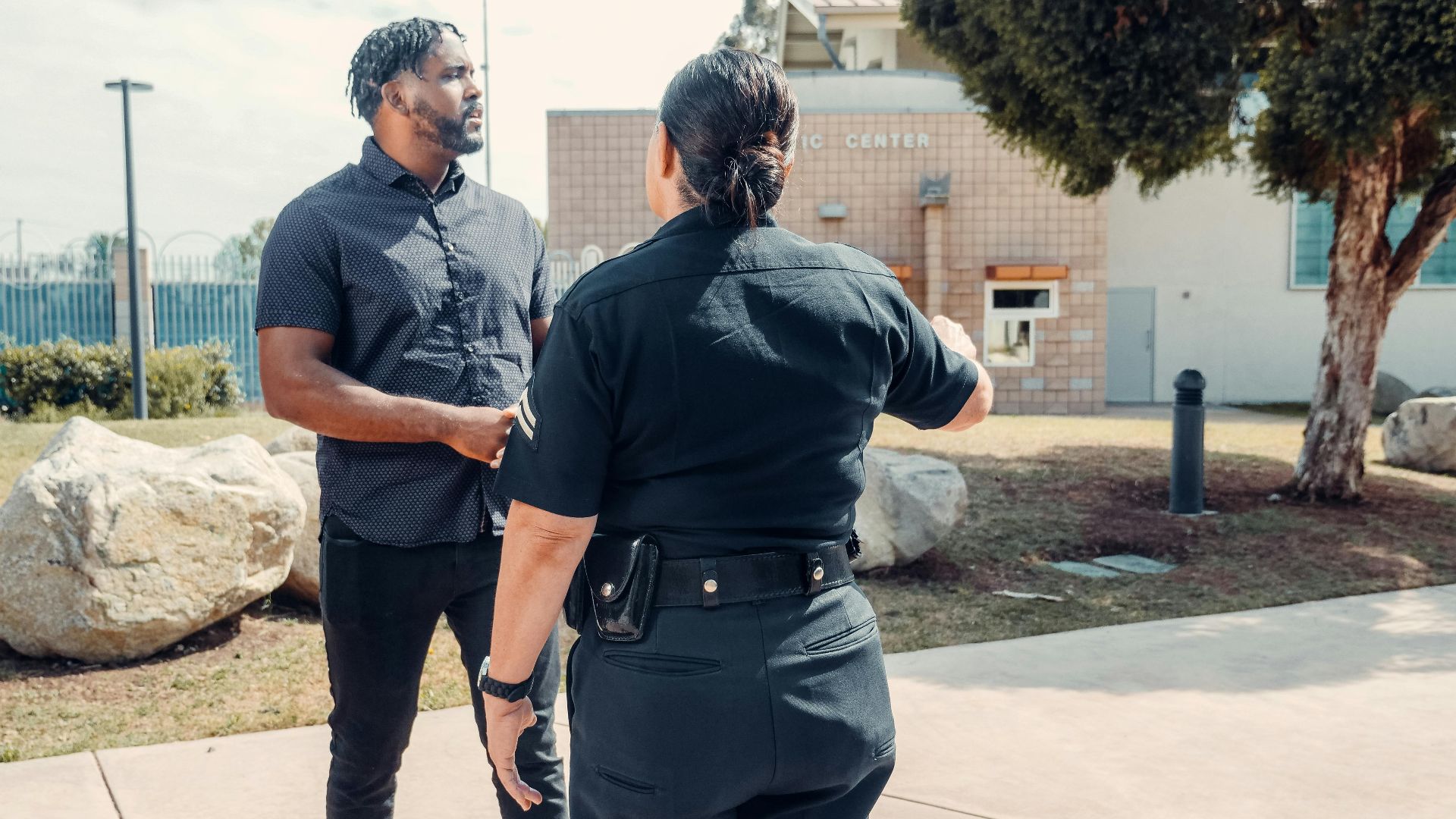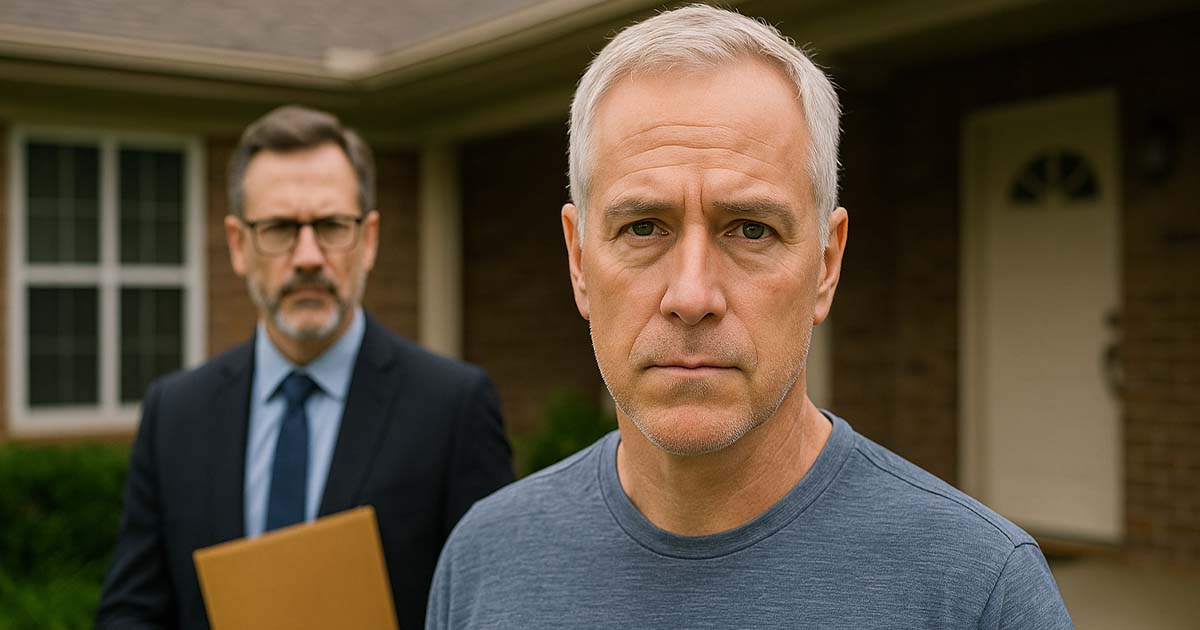A Familiar Story With A Digital Twist
Crypto horror stories aren’t just for strangers on Reddit—they can happen in your own family. One moment you’re laughing over coffee while talking about “getting in early” on the next big coin, and the next you’re left staring at a wallet login screen you can’t access. So, what now?

The Problem: Decentralization Cuts Both Ways
One of crypto’s biggest benefits—no central authority—also makes it brutally unforgiving when things go wrong. There’s no 1-800 number to call, no helpful bank teller to reverse a transaction, and no password reset link if you lose the keys. While that freedom is wonderful when things are going well, it becomes a nightmare when trust breaks down.
Is It Theft? Fraud? Something Else?
Legally, walking off with shared funds can be classified as theft or fraud, but the exact term used will depend on where you live. In some places, it could also be considered “misappropriation of funds” or “breach of trust,” both of which carry their own potential penalties. The tricky part is proving intent—especially when family is involved.
Start With Documentation
Before you panic or confront anyone, start gathering all the evidence you can find. Save texts, emails, DMs, or even voice messages that prove you exchanged money and that there was an agreement about how it would be used. Having a clear record of the agreement can be the difference between a dead end and a good case.
Why Screenshots Matter
Courts, lawyers, and even crypto exchanges (if they get involved) need concrete proof. A casual message where your cousin says, “I’ll handle the wallet and send you the password later” is far more powerful than just telling a judge that’s what happened. Think of your evidence as your shield—it’s your protection against “he said, she said”.
File A Police Report
Most people think the police won’t care about cryptocurrency cases, but law enforcement agencies are getting more serious about cybercrimes year after year. Filing a report gives you an official record, which can help you both legally and when dealing with exchanges or recovery services. While the value might seem low, that report will strengthen your argument.
Report It To Your Local Cybercrime Authority
Different countries have dedicated cybercrime units or places to report these types of cases. In the US, for example, you can file a complaint with the FBI’s Internet Crime Complaint Center (IC3). In Britain, there’s Action Fraud, and in Australia, ReportCyber. Knowing where to report can help your case move faster and be taken more seriously.
Check If The Wallet Touched An Exchange
If your relative put the funds into an exchange like Binance, Coinbase, or Kraken, there may still be a chance to act. Exchanges can sometimes freeze suspicious accounts, especially when backed by a police report or court order. The faster you catch this movement, the better your chance of stopping the funds from being cashed out.
How To Spot Transactions On The Blockchain
If you don't have access to the wallet password, you can still track transactions if you know the public wallet address. Blockchain explorers like Etherscan for Ethereum or Blockchain.com for Bitcoin let you see every movement of funds in real time. This kind of transparency can be your best tool for figuring out where the money went.
Don’t Try To Get It Back Yourself
It might be tempting to find a hacker-for-hire or to try breaking into the wallet yourself, but doing so could land you in legal trouble. Unauthorized access to accounts—even ones you contributed to—can be considered a crime in many places. Stick to legitimate recovery channels to avoid making a bad situation worse.
When Lawyers Get Involved
If the amount of money involved is large, it’s definitely worth consulting a lawyer who handles cryptocurrency disputes. They can help determine if your case is worth pursuing and walk you through the necessary legal steps. This is especially important since the laws regarding cryptocurrency can be entirely different from country to country.
Civil VS Criminal Routes
Criminal cases focus on punishing the offender and can result in restitution, while civil lawsuits are about recovering your actual losses. Depending on your evidence, you might pursue one or both avenues. Your lawyer can help you weigh the advantages and disadvantages of each method before you make your decision.
 Photo By: Kaboompics.com, Pexels
Photo By: Kaboompics.com, Pexels
If The Password Was Just Forgotten
Not every missing password is a scam—sometimes it’s just human error. If your cousin genuinely lost the password but still has the seed phrase or backup, recovery could be possible. It is best to ask for all recovery details with a level head before assuming malicious intent.
Stolen Login Credentials On Exchanges
If your shared funds were on a centralized exchange and the login credentials were compromised, contact the exchange’s support team immediately. The sooner you report it and provide proof of ownership, the better chance you have of freezing the account before the money disappears. Acting in a few hours instead of days can be critical.
Dealing With Phishing Or Malware
If your password has been hacked because of a phishing webpage or virus, you need to lock down your digital environment immediately. Change all other passwords, enable two-factor authentication where possible, and run a thorough antivirus scan. For future investments, consider using a hardware wallet to protect against cyber attacks.
Password & Key Management Best Practices
For the future, store your private keys in a secure offline location and consider using a reputable password manager for your logins. Never send credentials through unsecured channels like text messages or basic email. The fewer people who have access, the lower your risk.
Use A Multisig Wallet Next Time
A multisignature wallet requires more than one person to approve any transaction, so it's much harder for one person to run off with all the funds. These wallets are especially useful for joint investments, as they create a built-in layer of accountability. Think of it as having multiple locks on a safe.
The Emotional Fallout
Even if you manage to recover the money, the shattered trust may leave lasting scars. It’s normal to feel angry, betrayed, or even embarrassed, but these feelings don’t have to control your next steps. Talk to friends, family, or even a counselor if the situation is taking a toll on your mental health.
Lessons For The Future
It's a difficult but valuable lesson in how to handle money—or in this case, virtual money—with other individuals. Always be prepared with signed papers, avoid putting all your trust in one person, and make security your top priority. The more precautions you take, the harder it becomes for something like this to happen again.
The Bottom Line
You may have legal ground to stand on, but crypto recovery isn't easy. The best chance at getting your money back comes from acting quickly, gathering solid evidence, involving the right authorities, and making smarter security choices in the future. Crypto can be empowering, but only if you hold the keys—literally and figuratively.
You May Also Like:
Crypto Comeback? What You Need To Know Before Investing In 2025

























